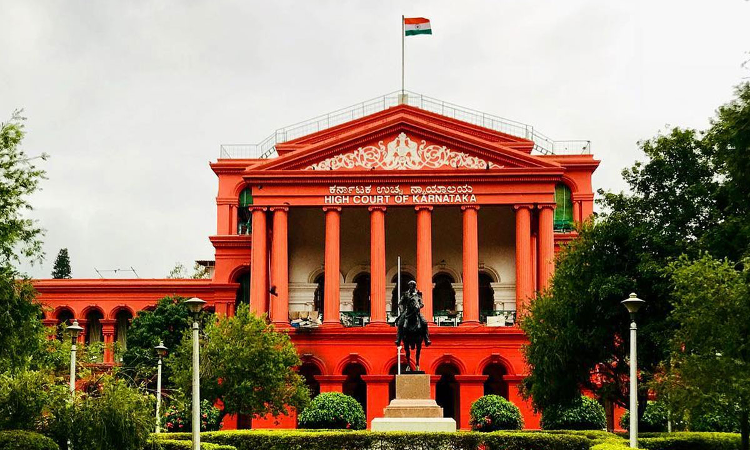Karnataka Excise Act | Police Can't File FIR Solely On Basis Of Seizure Panchnama: High Court
Mustafa Plumber
11 April 2024 10:35 AM IST

Next Story
11 April 2024 10:35 AM IST
The Karnataka High Court has set aside the conviction handed down to two accused under Sections 32, 34 and 38-A of the Karnataka Excise Act, holding that the police cannot file an FIR on the basis of seizure panchanama.A single-judge bench of Justice S Rachaiah allowed the revision petition filed by Dayananda @ R Babu and Another and set aside the conviction handed down to them by the trial...
